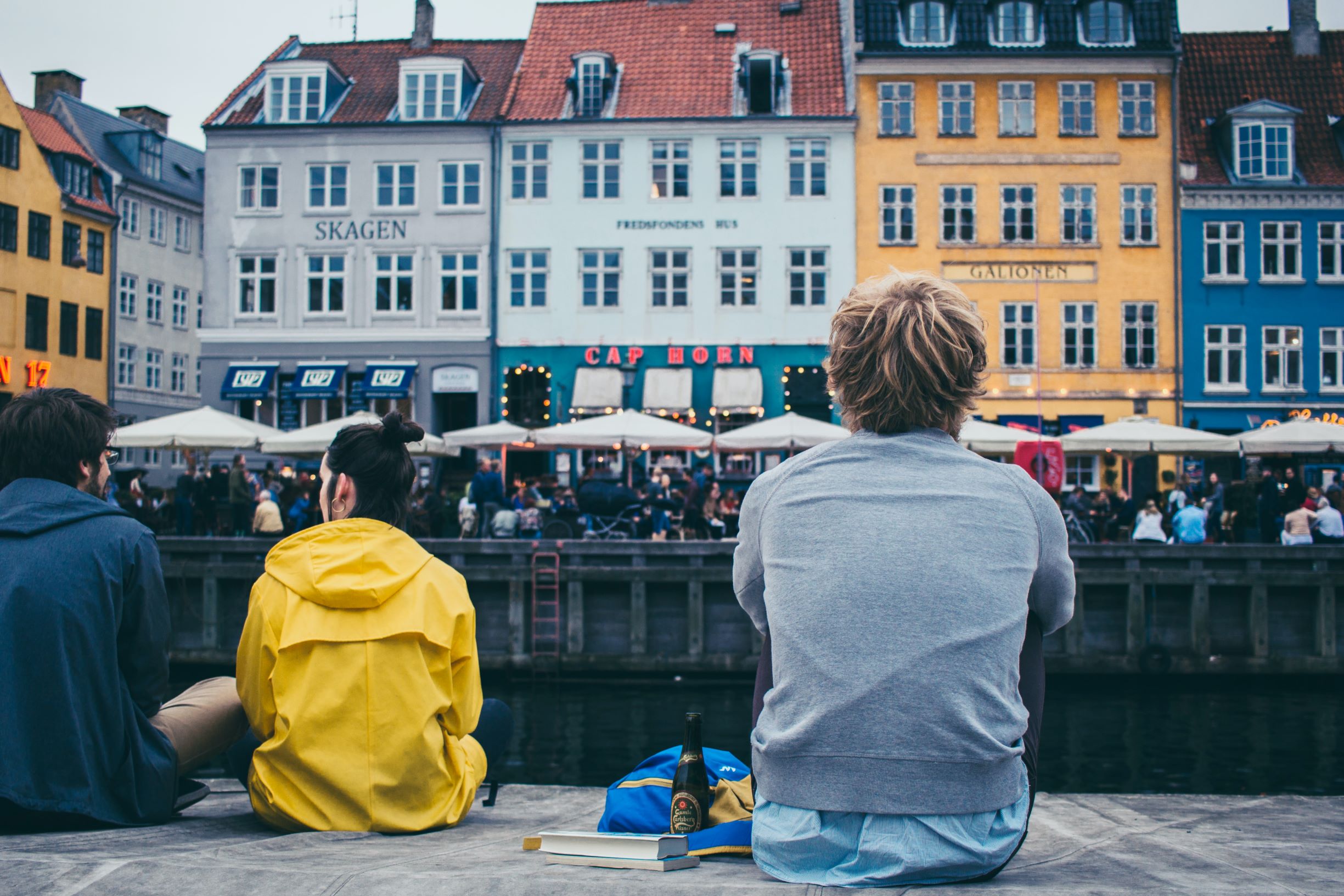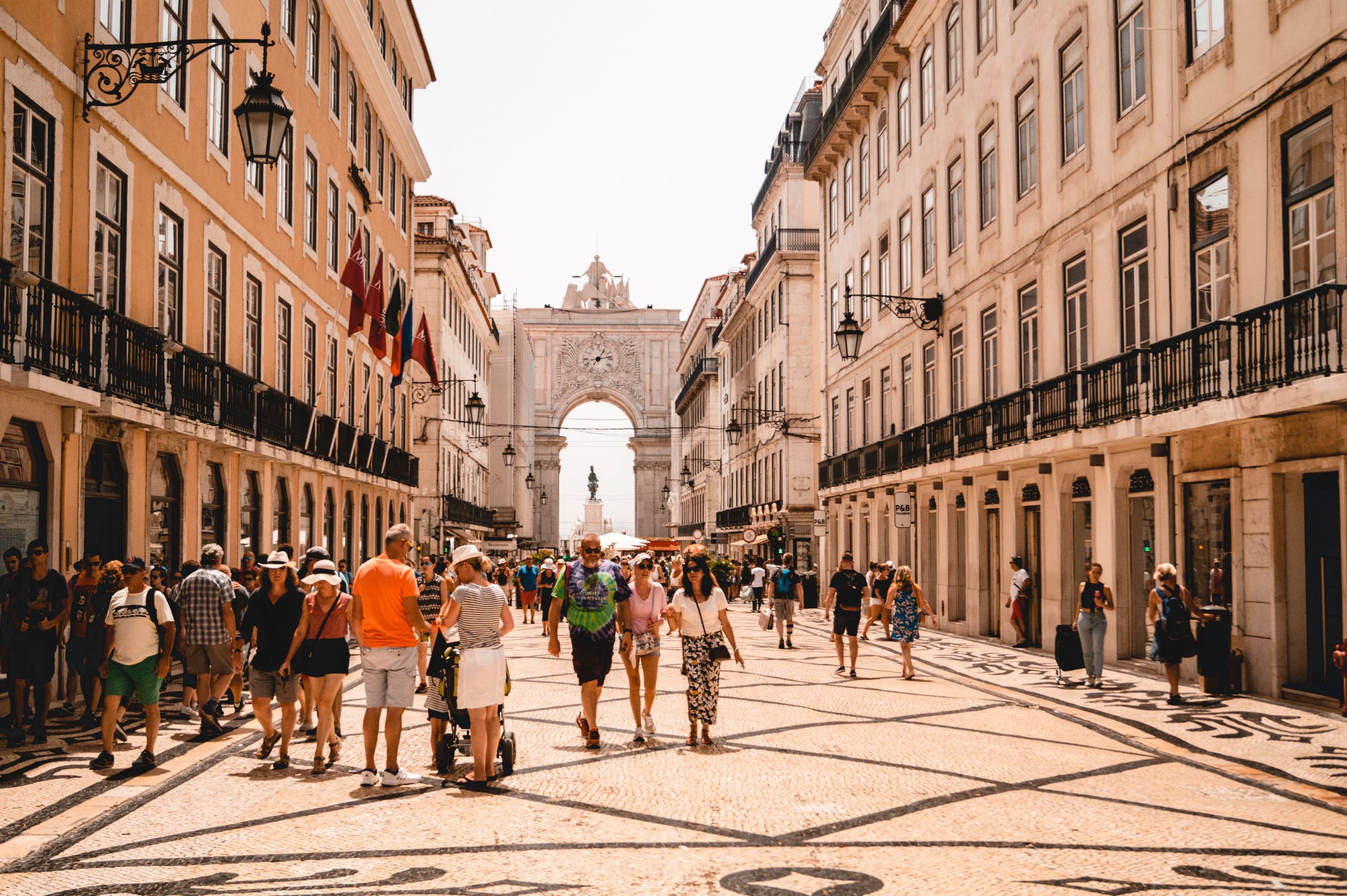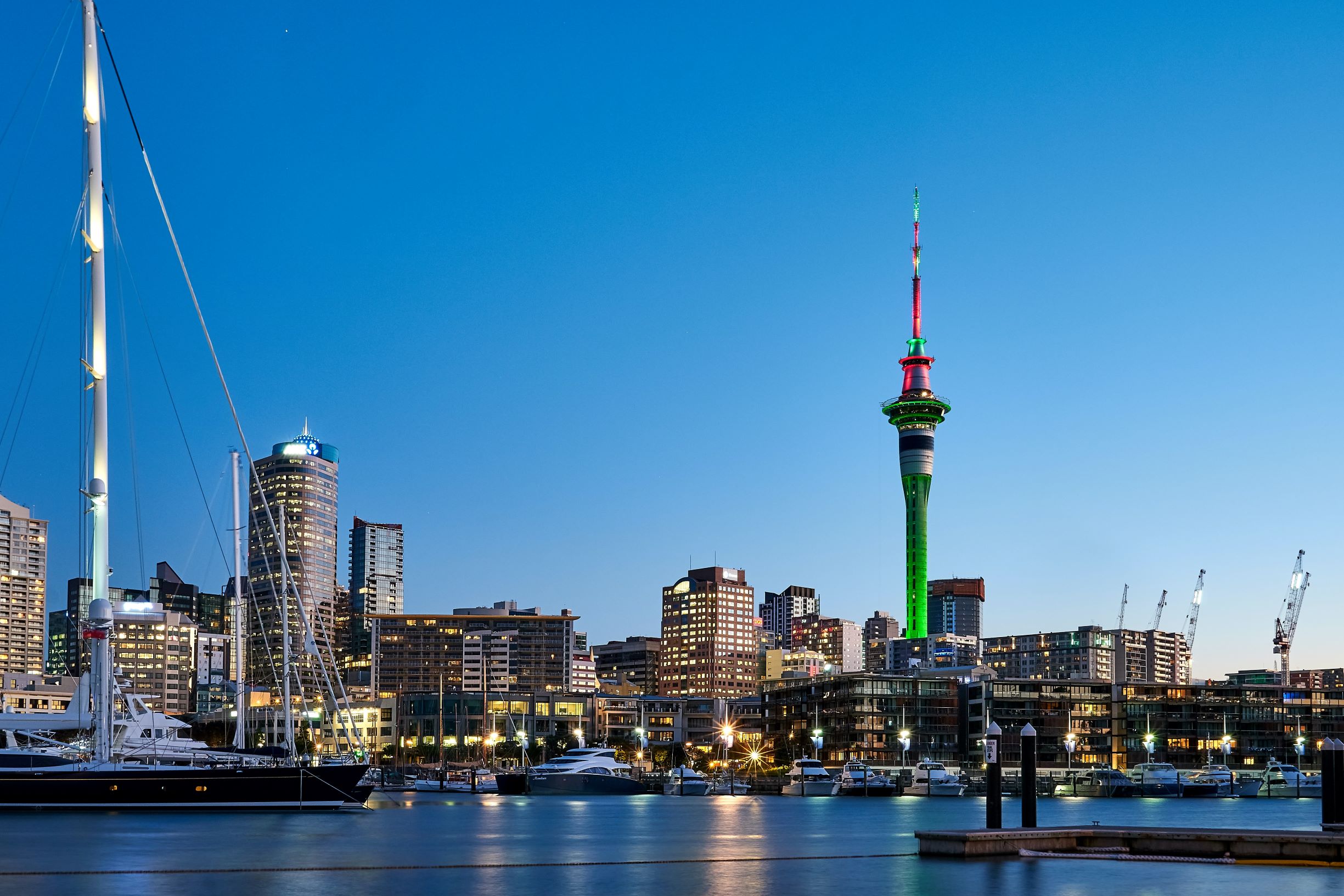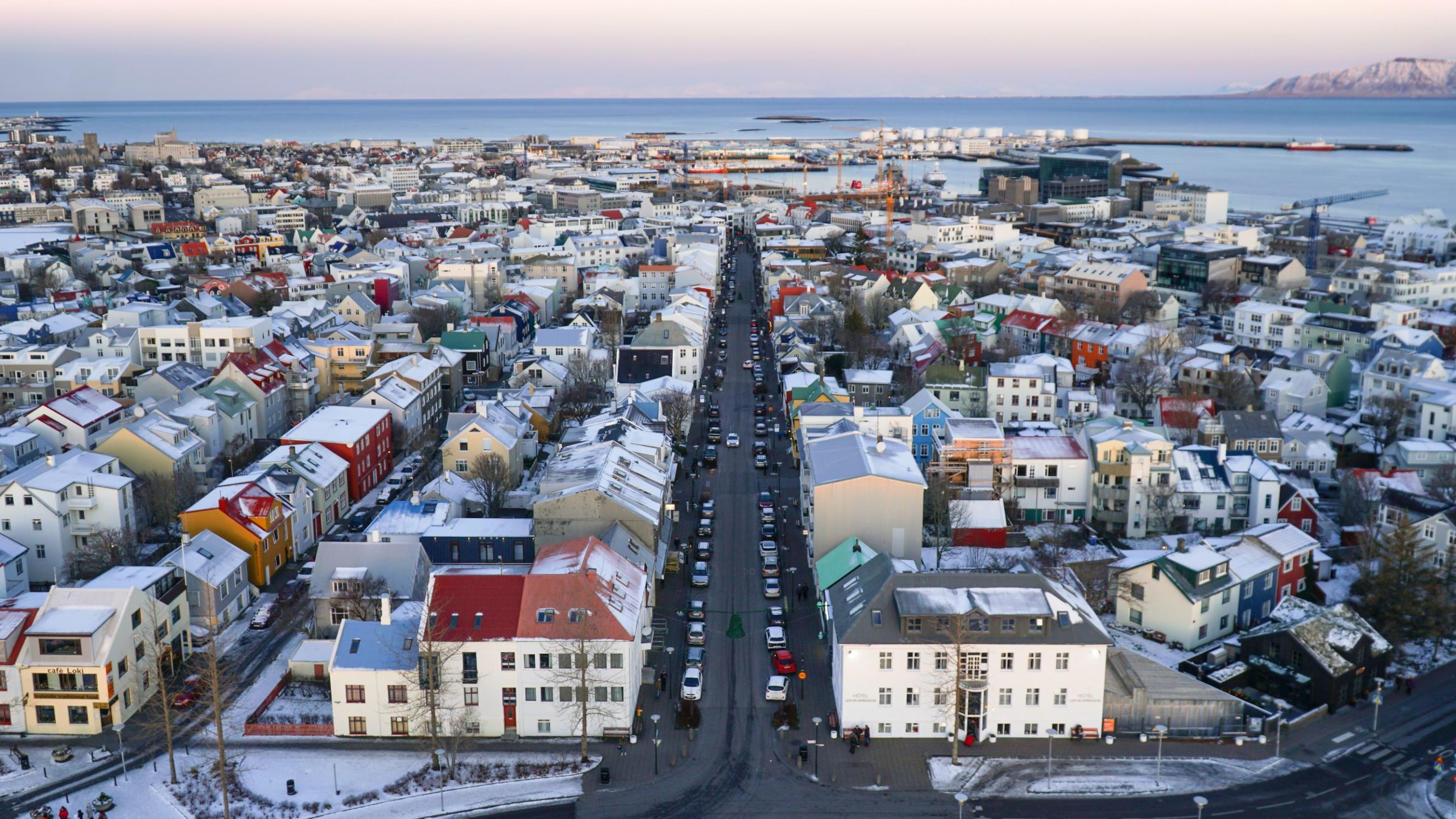The 2019 Global Peace Index reveals a shuffle in the top five most peaceful countries after terror attacks, populist elections and an economic renaissance.
Here are the 10 most peaceful countries in 2022

Ranked fifth on the Global Peace Index (GPI), Denmark has maintained its very peaceful position since 2017, when it fell from the second place.
Over the last year, Denmark recorded a very small deterioration in peacefulness, due to an increase in weapons imports and number of external conflicts.
Positively, there were 24 European countries, including Denmark, which enjoyed a reduction in the impact of terrorism.
‘Perspectives on peace’ is a new inclusion to the annual GPI. It measures freedom in life, treatment with respect and satisfaction with standards of living.
Denmark was one of the five European countries to deteriorate in freedom in life satisfaction and recorded a slight deterioration in the standard of living satisfaction.
Despite this, Denmark maintains a high ranking on the 2019 Global Peace Index, which is re-enforced by its position in the top ten on the Positive Peace Index.

Austria has maintained very high levels of peace for several years now, although it has slipped one place on the index this year.
Over half of Austria’s indicators remain unchanged and despite improvements in UN Peacekeeping funding, weapons exports and a reduced terrorism impact, one particular deterioration led to a slight downfall.
Austria’s most notable deterioration occurred in the likelihood of violent demonstrations indicator. Social unrest increased in Austria after the election of Sebastian Kurz’s People Party and its partner the Freedom Party in October 2017.
Thousands of Austrians gathered on the eve of the anniversary of Chancellor Sebastian Kurz taking office to protest in late 2018, and have protested regularly since.
Austria maintains a perfect score for many GPI indicators, but recent events may affect the future scores of political indicators.
In May 2019, outside of the period captured in the 2019 GPI, allegations that vice-chancellor Heinz-Christian Strache offered public contracts in return for campaign help surfaced.
Following his resignation, Chancellor Kurz lost a no-confidence vote, and snap elections are predicted for later this year. It remains to be seen how political stability will fare.
Read more about the challenges for Positive Peace in the era of populism.

In the 2018 Global Peace Index, Portugal’s ranking fell from third to fourth. Portugal has found its seat back in the third most peaceful position on the 2019 Global Peace Index.
Portugal’s 2019 improvements hinge on:
Portugal has made significant strides in peacefulness in the last five years. In the 2014 Global Peace Index, Portugal was transitioning out of a national financial crisis and ranked 18th.
In 2019, Portugal is often cited as an example of economic resurgence and peace progress after its recent financial crisis and bail out recovery.
Now enjoying its highest economic growth in two decades, foreign direct investment has returned to 2009 levels, and the nation has returned to its most peaceful ranking on the GPI.

New Zealand maintained its position as the second most peaceful country in the world in the 2019 Global Peace Index. On a regional scale, the nation leads the way for peacefulness in Asia-Pacific.
The March 2019 ‘Christchurch Attack’ perpetrated by a far-right terrorist on two mosques in the country’s South Island killed 50 people. The impact of this terrorist attack accounts for New Zealand’s slight deterioration in overall peacefulness.
On the Positive Peace Index, New Zealand is an example of the strength in eighth place, showing that investment in Positive Peace pillars can help maintain peace levels and develop resilience to internal shocks.
The terrorist attack affected only one indicator and did not have a flow on effect of deteriorations across the board. New Zealand upheld or improved its strong performance in all but one GPI indicator.
New Zealand improved in the following areas:

Iceland has maintained the title of the most peaceful country since the first the Global Peace Index launched 13 years ago.
The 2019 GPI didn’t record a single deterioration in peacefulness in Iceland over the last year. In fact, 78% of Iceland’s indicators showed no change, and 22% improved.
The most significant improvements in Iceland over the last year include:
Iceland ranks equal ninth on the Positive Peace Index and is not immune to conflict and instability.
However, the strong institutions, attitudes and structures of peace that Iceland maintains has bolstered the country’s resilience against small internal shocks.